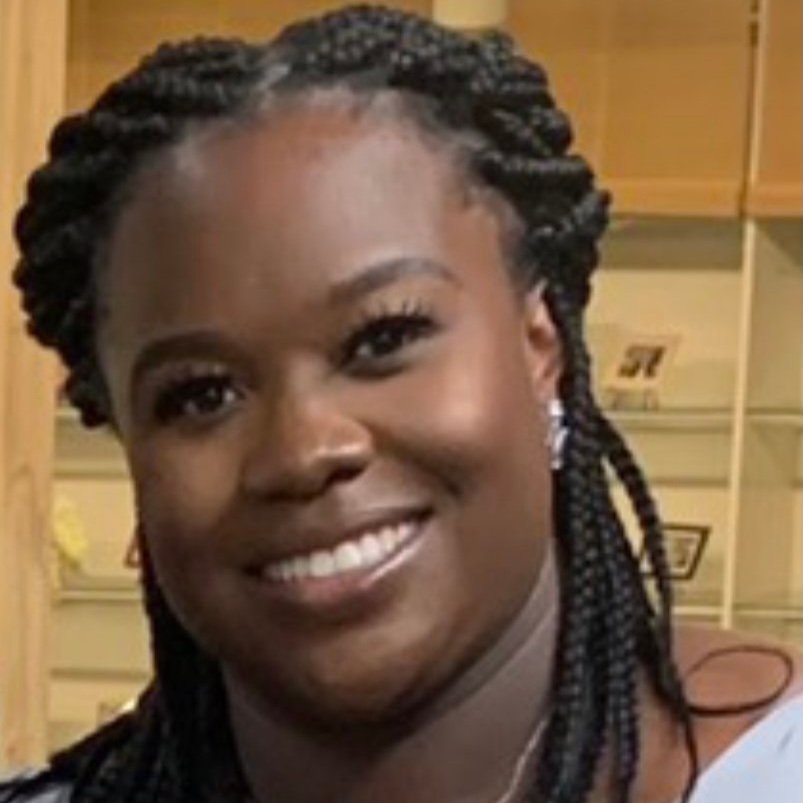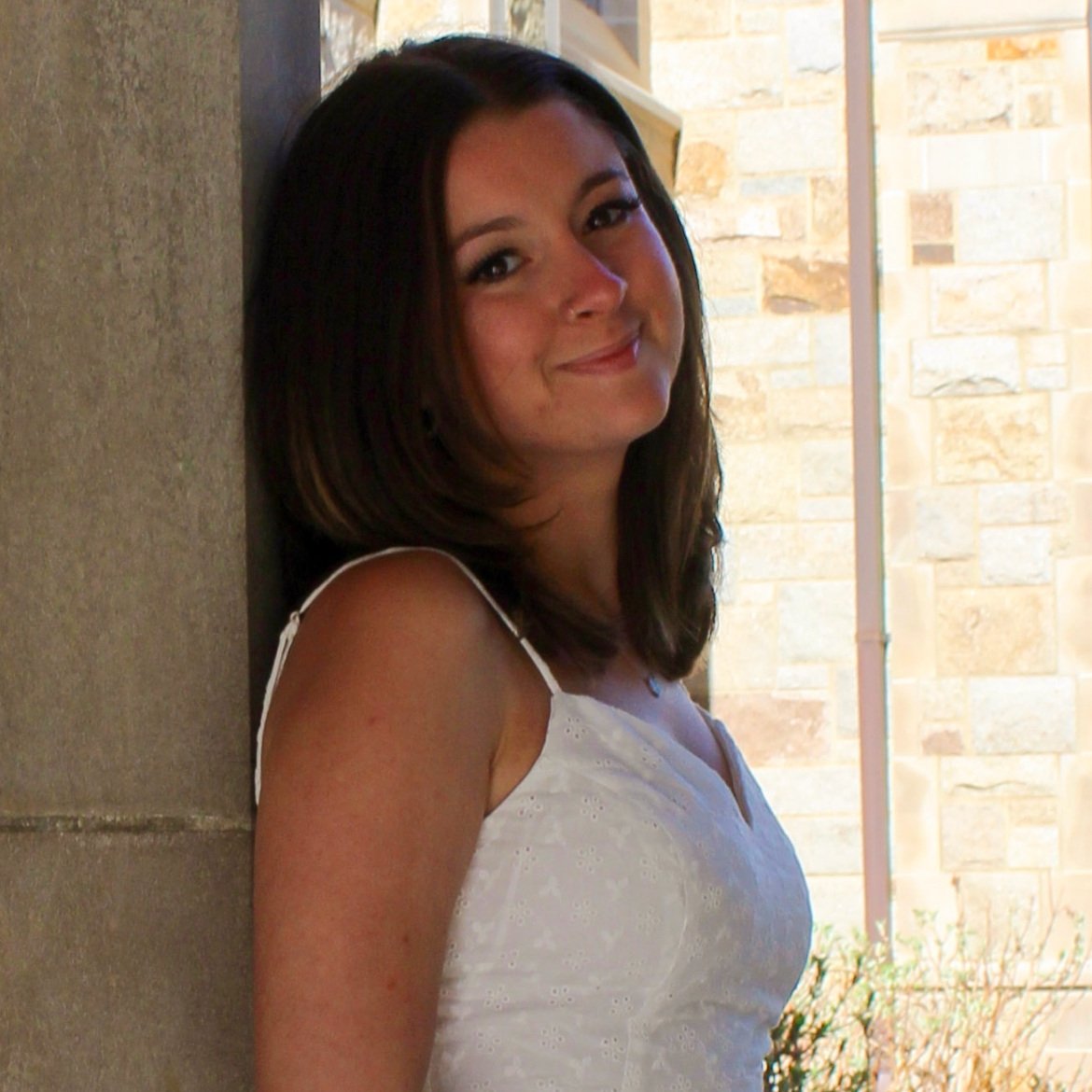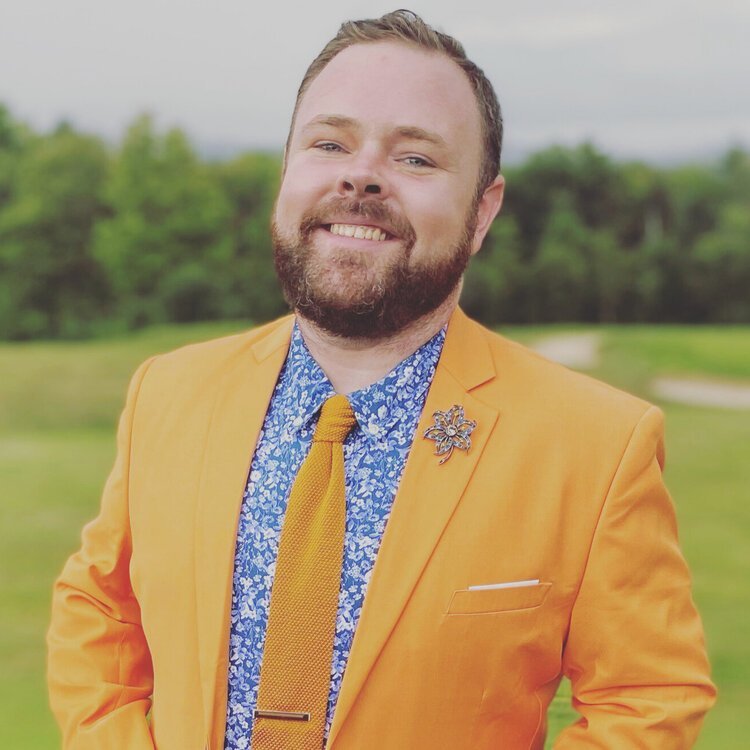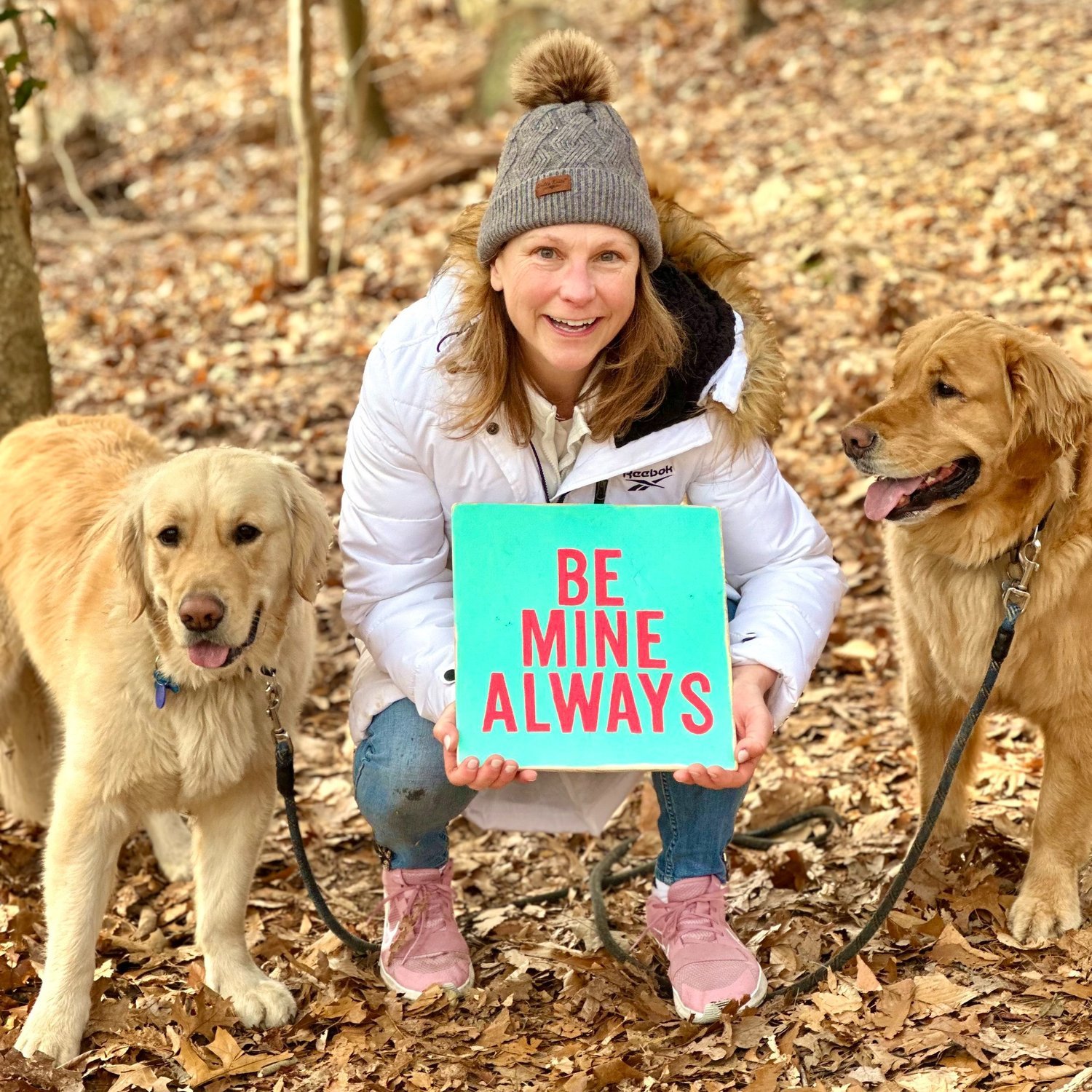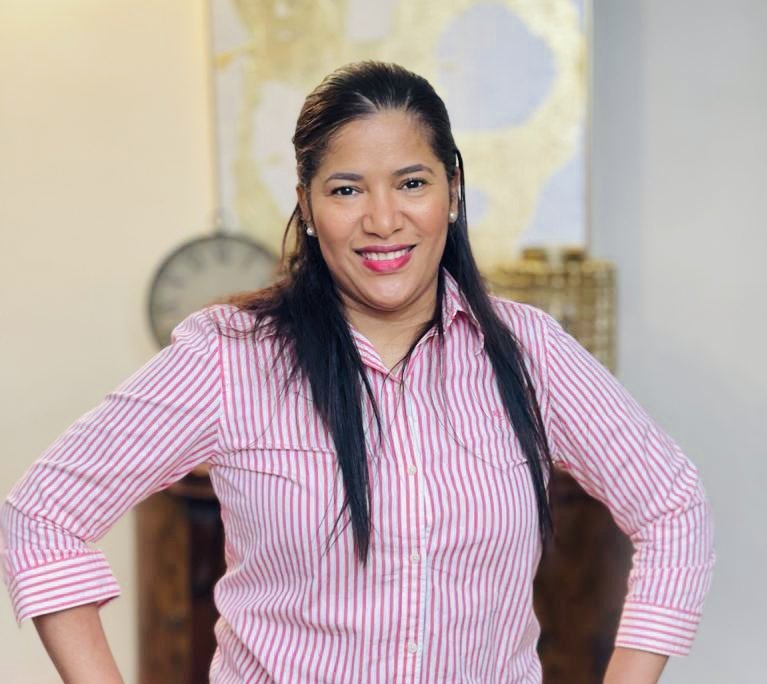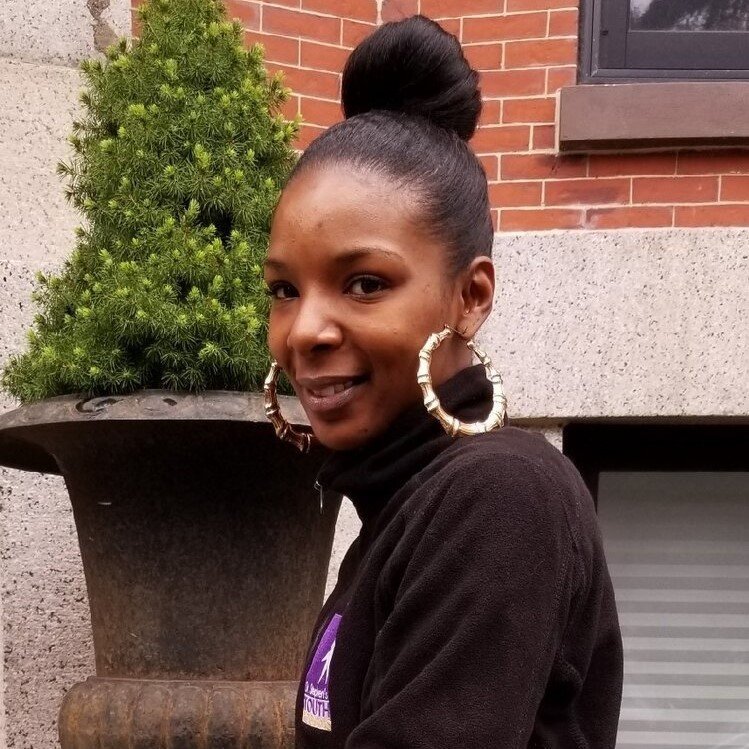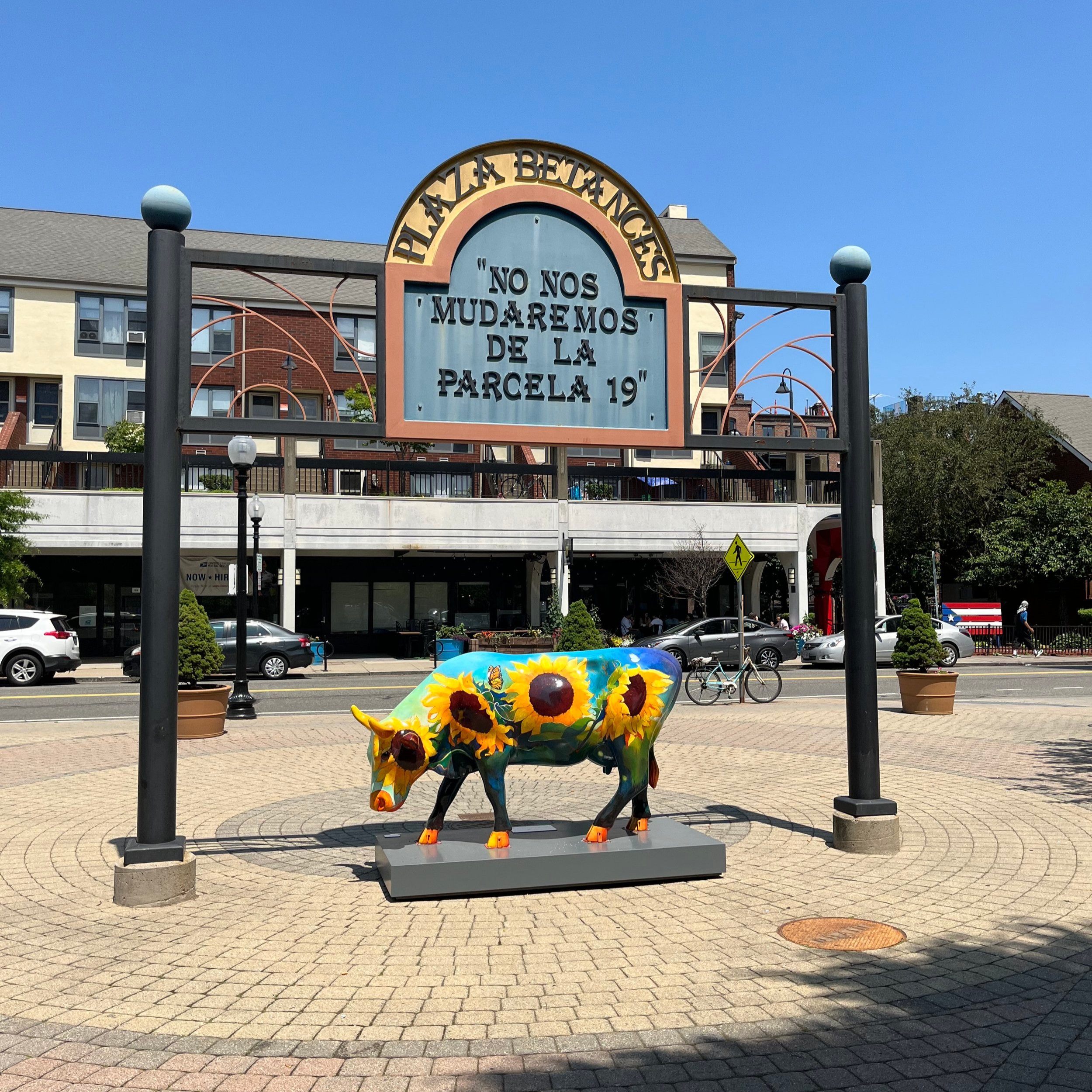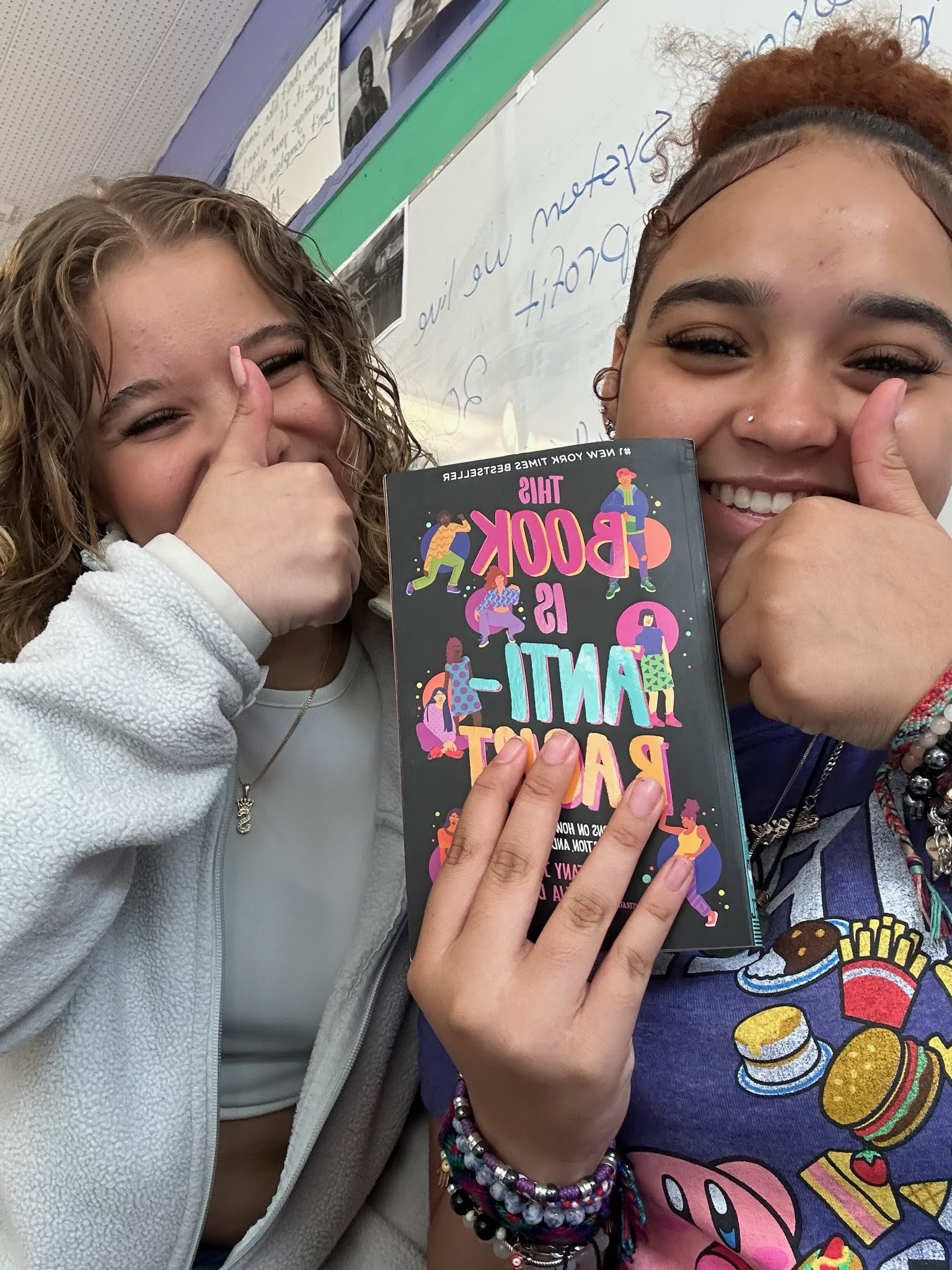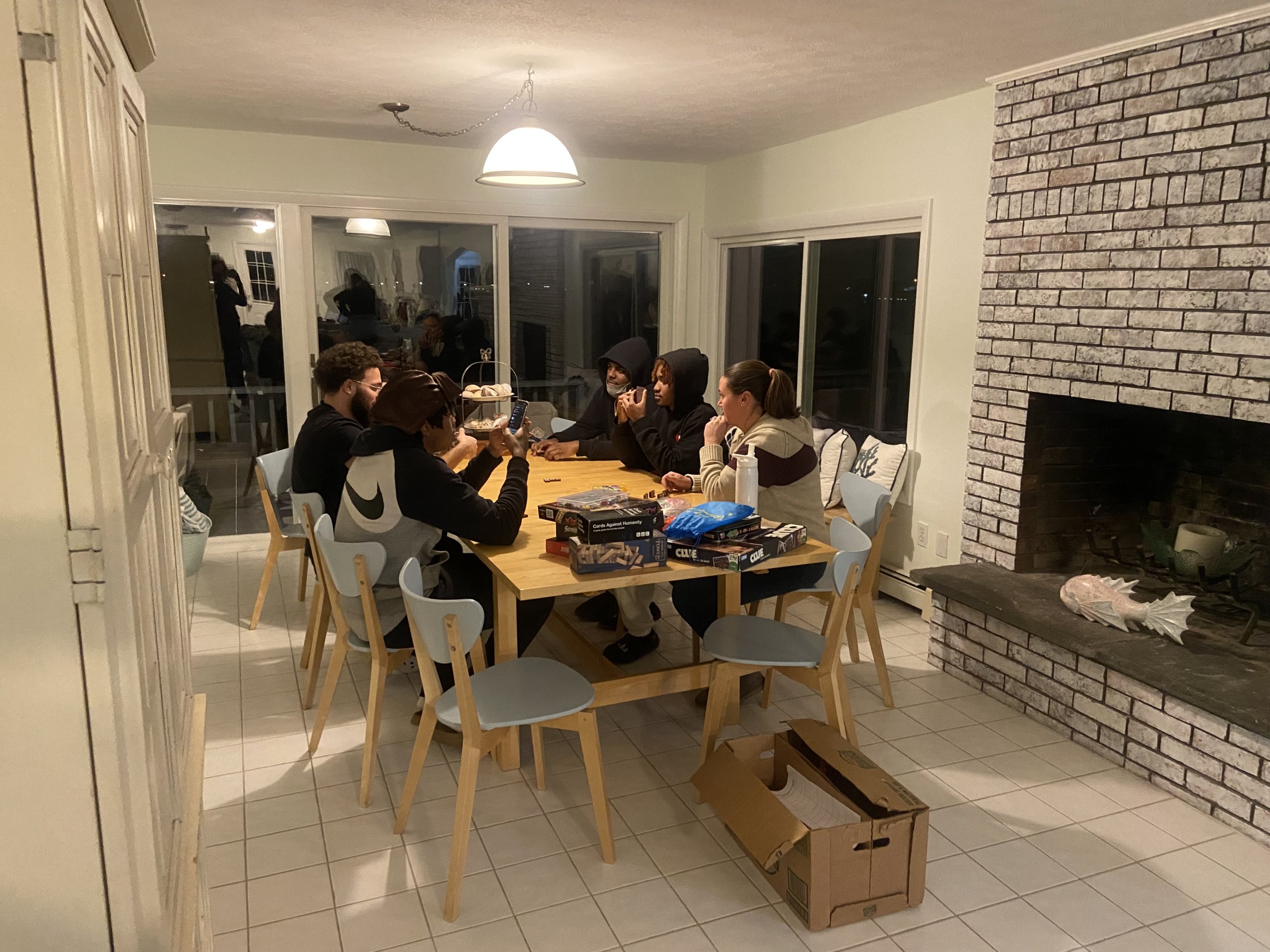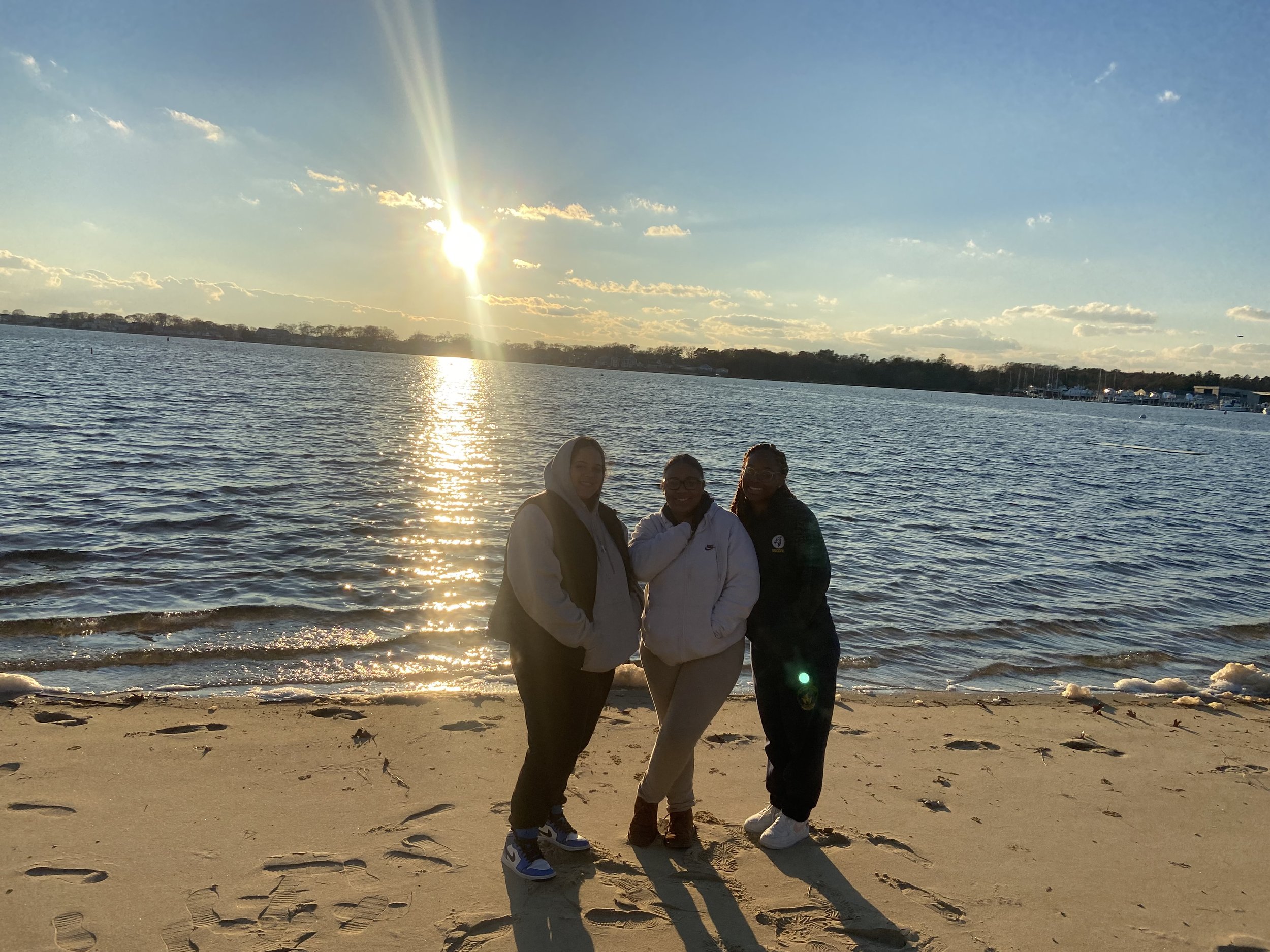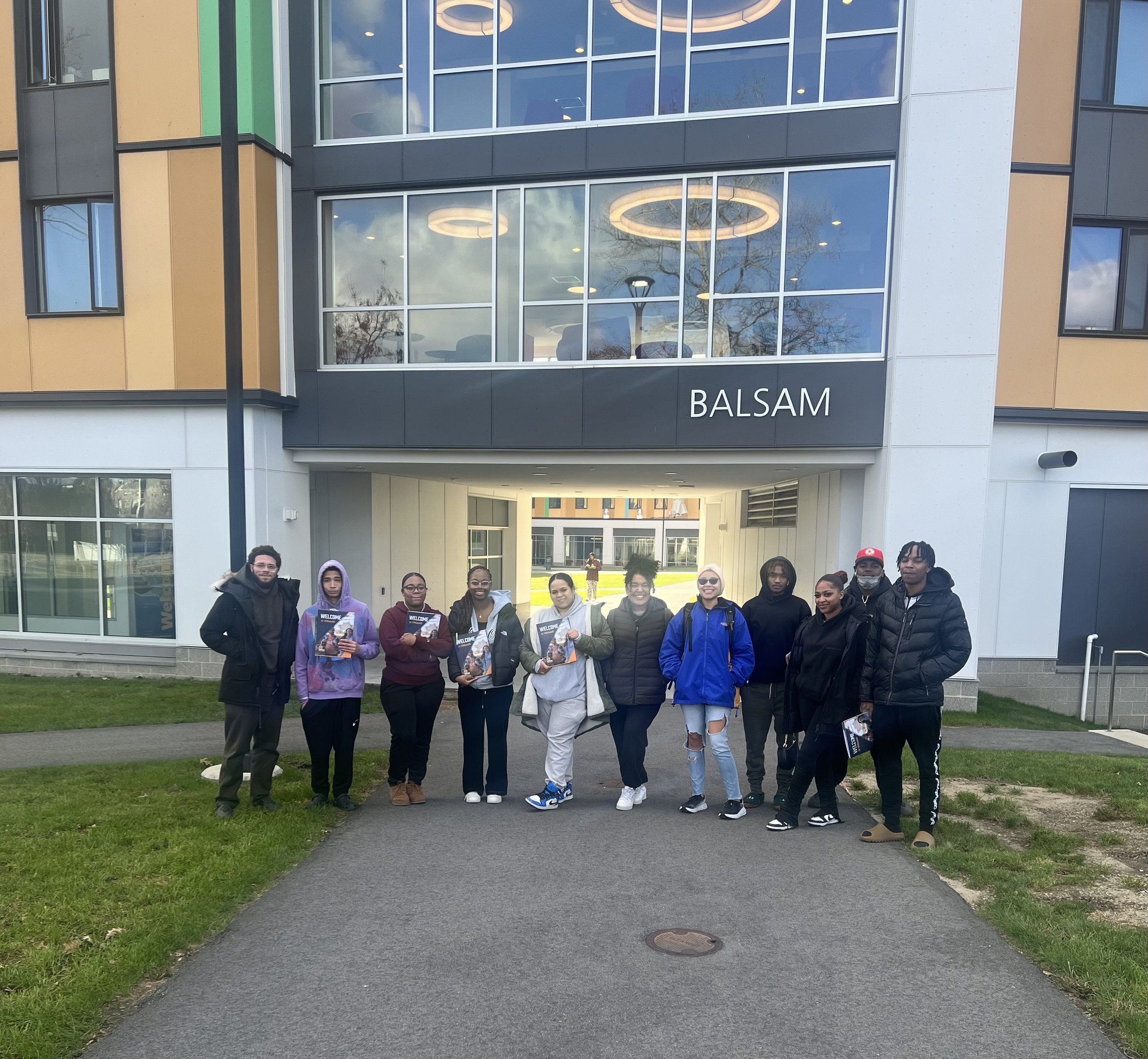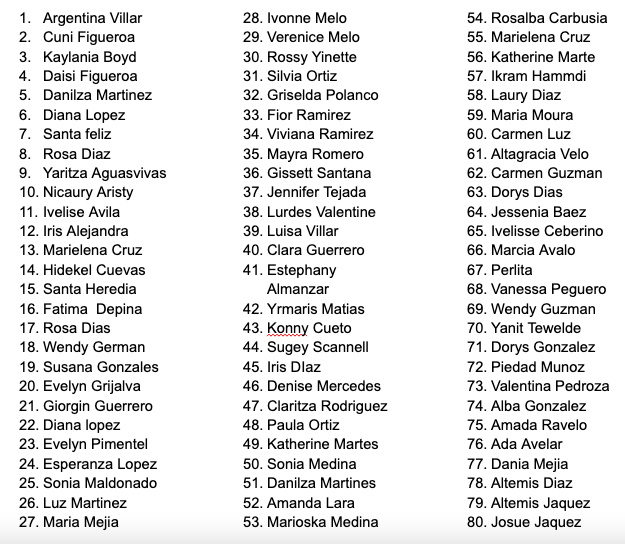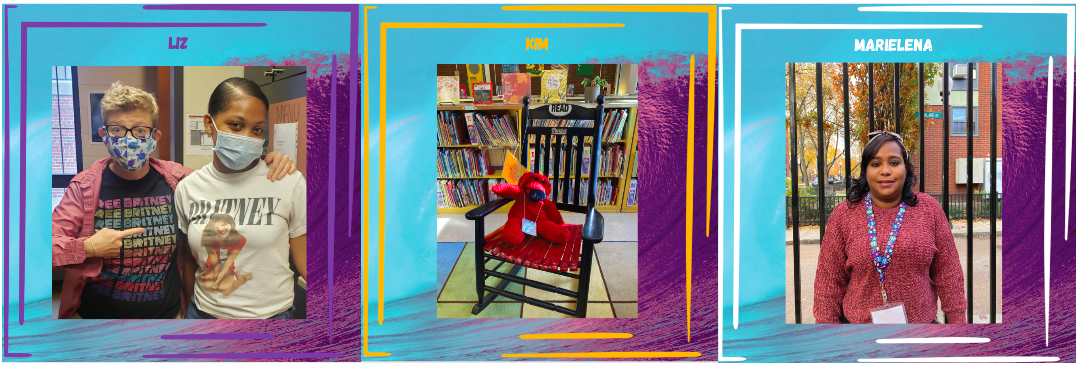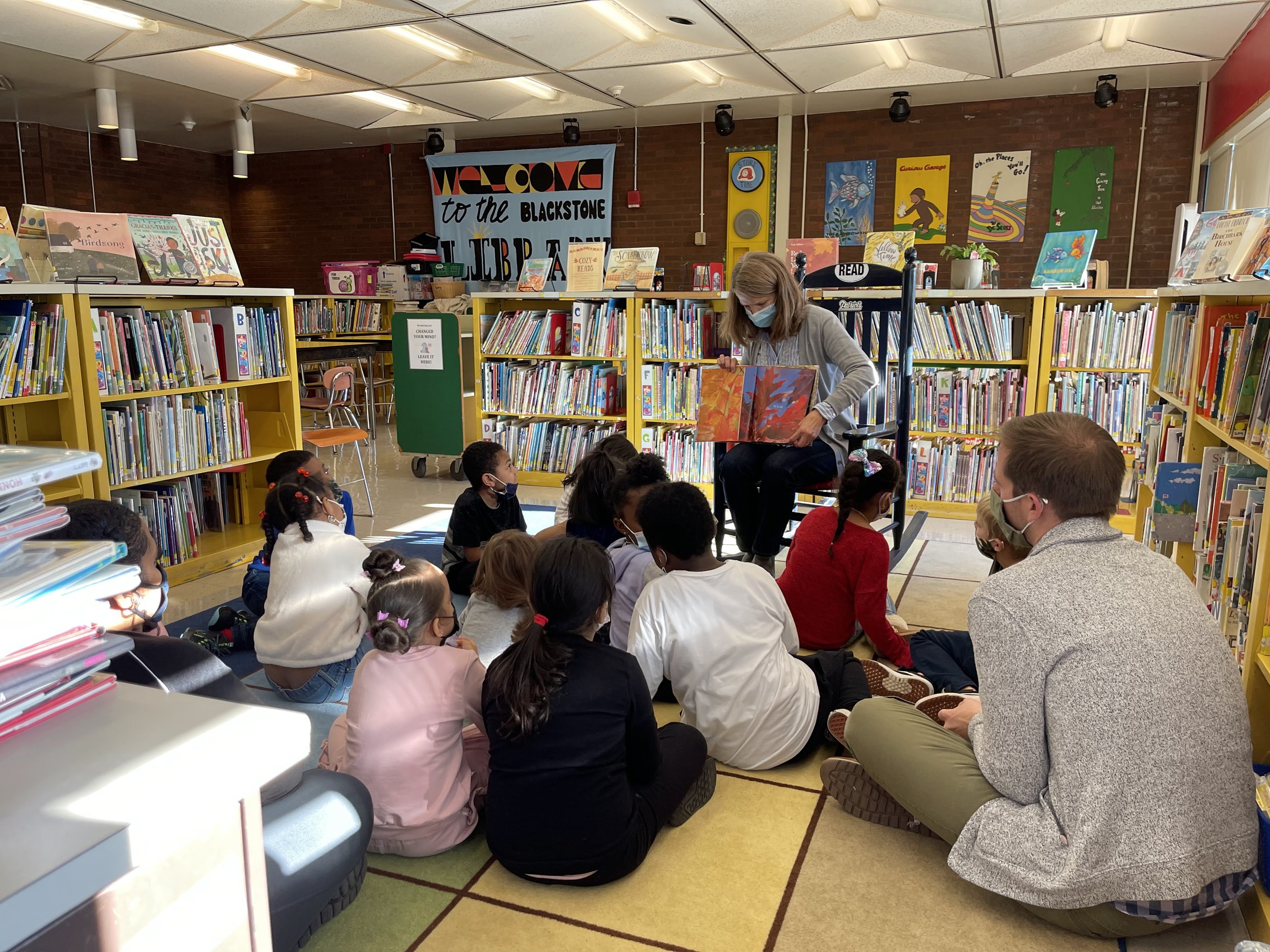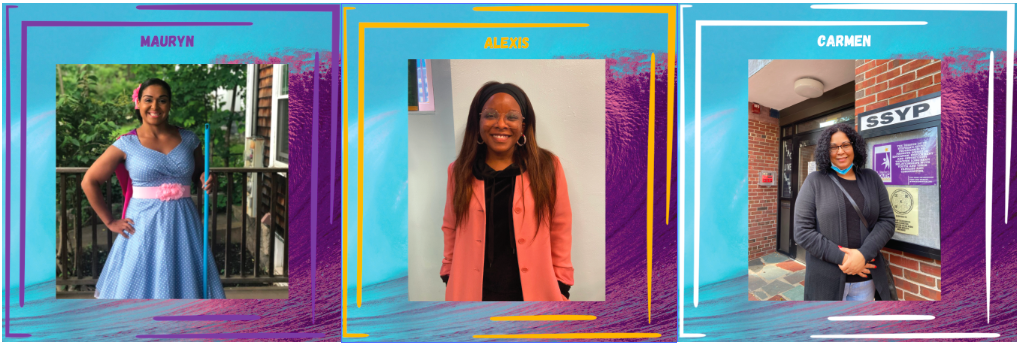Tyler
Tell me about your story with St. Stephen's Youth Programs.
I came to St. Stephen's about two years ago as a development associate. It was something that I had a little bit of experience with, having worked in nonprofits for fifteen years prior, but not anything formal. Since I started, I've had the opportunity to grow my position in the direction that makes the most sense for my skills, the needs of the organization and the goals of our strategic plan. I was originally hired to do more development backend, supporting grant work and research for grants. I ended up taking on a lot of our communications program, including our social media, and mentoring CFSI fellows. This really helped me to steer the development team. I help with things like leading our weekly development team meeting called STATUS, trying to keep everything on track, managing things like calendars & timelines and making sure that everyone's projects are where they should be.
Can you summarize SSYP in one word or phrase?
I think the phrase would be mission-driven. My experience with nonprofits has been that some are truly mission driven and St Stephen's Youth Programs is one of those programs.
Is there a person or people that you connect with at St Stephens or have found yourself creating a strong bond?
I am a relationship person, which I think is a part of this organization fundamentally. It’s also a huge piece of being in the development world. It's all about relationships. The person who I find myself gravitating towards to have some really enlightening conversations is often Latasha. I think I am that person who thrives in those small one-on-one or small group conversations.
I learn so much from everybody here every day. I make those relational meetings an important part of what I do.
How do you feel about SSYP now compared to when you started?
It's massive. When I first started, I thought of it as an out of school time program. I was coming from a background of working in after-school teens and youth arts programming. There were things I was super familiar with after getting in here and seeing what we did. It expanded my view of the organization. Now, after two years, I'm realizing that SSYP is quite limitless because of our dedication to meeting the needs of the community. Our program changes so significantly on a frequent basis in small ways that create a huge impact. While it may have at first seemed to be a very targeted program, I'm now realizing how expansive it actually is.
What has been your biggest challenge at SSYP?
My biggest challenge is learning as I go. I am always down for a challenge, and I like to be pushed on things. If I'm given the opportunity to do something, I’m sure I'll figure it out. There have been a few times that I've had to figure things out that were completely new to me. Those moments have really helped me to grow. I've had some major successes with that. Some of them are big things like writing an appeal letter. Some of them are small things like saying no to something. I've had a number of different smaller and larger challenges, but fortunately we have an amazing and supportive team that helps to root for me in my corner.
What are you most proud of during your time at SSYP?
I would say the growth of the communications program. When I started, it was minimal in terms of social media impact. Even aspects like our monthly newsletter were not monthly at that point. Since I started, we've really grown that department, and we can see that impact in the response from the engagement from our community. We've seen a huge boom, especially on our social media which is thanks in large part to our current CFSI fellow Edina and our last CFSI fellow JP. It’s helped to have someone dedicated to that because as much as I identify the importance of it, it is a big time commitment. It's great to have a fresh perspective on it. The growth of the communications program definitely has been in my opinion what I am most proud of.
What do you wish we did more of or differently at SSYP?
This goes back to us being responsive. I think that being an organization that is limitless, we can always be doing more of everything. Coming from a wealthy white suburb and being a middle-class white person myself, coming into SSYP has allowed me to see a much different side of the world. This has been really rewarding and really challenging. I think there's always so much more need in our community, and there's so much that we just can't do still. We're a small organization, and I think that’s what makes us magical and powerful. We're not this giant conglomerate of hierarchy and structure. We are a core team that has a family feel to it. In some ways, this limits how much we can actually do. It’s not that I don’t necessarily want to see us do more in our community. It's just that I wish there weren't those limits on our individual capacity because I don't want to lose what makes us us. It's hard to see the need in the world and feel like we're limited on how much we can do to help.
What has been your favorite memory at SSYP?
I had an experience where we had a parent in our parent mentor program who was working on her citizenship test and she had a rough go of it. She had taken it before, and it hadn't panned out. Working with our English language teacher, she came to the realization that there were some challenges with reading both English and Spanish. It wasn't a language barrier. It was a learning barrier. Once she figured that out, she was able to advocate for the correct accommodations. She came in a few weeks later to our Christmas party and announced that she had passed. I'm thinking about the emotion that she had because there are so many times in life that we're told we can't do something. SSYP is one of those places that tells people they can do whatever they want, and supports them in that. That is a prime example of one of the times that we were the first people to say to somebody that you have the ability to do this. You just need the right support for it. To see the pride in that person's face on doing something that is a huge challenge for anyone was amazing. It’s such a rare experience to witness that firsthand, and to see the impact that we have. My mind-frame initially having been coming here to support a youth program, and seeing this tangible impact on a parent a few months after starting was one of those moments that made me realize just how much we could do.
What do you think the future holds for SSYP in the next five- ten years?
I'm going to go to the word limitless again. I think that SSYP has the ability to continue to grow in a healthy way that I don't think I've seen in a lot of nonprofits. This is because while we may increase the size, reach & services of the organization, we never lose the feeling, to borrow a term from our Senior Director of Community Engagement, Liz, we don't want to lose that feeling of being scrappy and legit. I love that about SSYP. I think the future holds so much. With a community that is as passionate and dedicated as the SSYP community is, the sky's the limit.
Is there anything else you want to talk about in regards to your experience at SSYP?
I'm so grateful for this opportunity to be a part of something so important. It's a cliche, but this is more of a vocation for me than a job. I get excited to come to work. I get excited to learn about the new things that we're doing. I get excited to share them. When I see people commenting on our blog posts or on our social media, I get excited because I get to share that with the rest of the team and say, ‘hey, we highlighted you.’ It's so cool to get to be a piece of that. With my role, I get to have my hands on anything that I want to. I get to work with people from every program area. I'm so grateful for that opportunity because there are very few times in life that an organization says we trust you to make good decisions that benefit both you and the organization. SSYP has given me that opportunity.
Edina
What made you choose to be involved at SSYP?
I was given this position by the College for Social Innovation Semester in the City program. I was matched with SSYP through them. They are a nonprofit that matches undergraduate students with nonprofits and other programs in the social sector to intern at. At first, I wasn't sure about it, but I decided to give it a try and I ended up really falling in love with it. I really love the work that I do there.
Who were the people that you connected with at SSYP?
Definitely Briahna and Molly because they are also CFSI fellows. I think the three of us banded together and made a connection right at the beginning. I hope we'll still be friends after the duration of the program.
Can you summarize SSYP in one word or phrase?
The phrase I would use is amazing at granting opportunities to people. Not just me, but the whole organization. SSYP gives opportunities to youth, to teens, to parent mentors, to everybody. They give people opportunities to succeed.
How do you feel about SSYP now compared to when you started?
When I started, I was very hesitant and nervous. Now, I feel a lot more confident in myself and a lot more competent in my abilities. I know what I’m capable of. I was so anxious before I started. Now, I know what to do and I'm prepared for what’s ahead.
What has been your biggest challenge at SSYP?
My biggest challenge has been keeping up with the interviews and making sure that my output is good. I need to make sure that everything is being posted on time. Additionally, I'd say another challenge has been learning how to become a professional. It's still a challenge, but it's not as big a challenge as it was in the beginning.
What are you most proud of during your time at SSYP?
The Humans of SSYP Campaign has been my proudest achievement. I'm very happy with how it turned out. I'm also ecstatic that so many people responded positively to the campaign. I'm happy that it'll always be up on the Instagram page, so people can always go back and look at it. I'm proud of that aspect.
What do you wish we did more of or differently at SSYP?
I wish we had more opportunities for people in the communications realm in general. I think we need more interns in the communications department, maybe two that'd be cool, but that's it.
What's your favorite memory at SSYP?
It was definitely when one of the kids came up and hugged me one day. That really made my day because I didn't think they knew anything about me. I've been able to establish these long-term relationships, not just with my leaders, but with the youth as well. That's been amazing.
What do you think the future holds for SSYP?
I think in ten years, I think it's going to expand. It's going to be huge. I think it's going to be all over Boston, maybe even outside of Boston, who knows. I hope they'll be able to serve more people and do more of what they already do.
Is there anything else you would like to talk about?
I want to say thank you to everybody who gave me this opportunity. I want to especially give a shout out to my mentor Tyler. He has been my biggest rock and my biggest support through this whole process. I want to give him a special shout out.
Minnie
Tell me about your experience with the parent mentor program.
I was first approached by my grandson in the fourth grade at JJ Hurley. He brought the paper home as soon as he got out of class at school. He said, ‘I got something for you.’ I asked what the paper said, and he said, ‘I want you to work at the school.’ I looked at it and I said, wow, what a great experience. It will be a great opportunity. Not only to be around my grandkids, but to be part of the school, which I never was able to go in to see as a parent because you are not supposed to go in the school. For me, it is a way to meet the teachers on a more one-on-one basis. I feel like I'm part of the community now and part of the school. I see what the expectations from the teachers are, especially when they send homework. Although I don't live with my grandkids, I'm with them all the time. When I drop them off at home, now I know what the expectations are with the folder and the book bag. I'm a disabled person right now. The program was something to clear my mind. It was my idea to go in and be a parent mentor and help the teacher.
What did your past experience look like prior to the program?
I used to be a preschool teacher and a kindergarten teacher. I had never taught in Boston before. I worked at the Jewish community center in Newton for many years. When I came out of college, my first job was working with abused and neglected children. That gave me the strong foundation of what I did later on. I didn't know that those tools were going to be useful to help the children with emotional issues or behavioral issues. I learned a whole bunch of tools, which enriched my performance with working with young children. I love to work with children. That was my passion. I was telling Rafa last night that I was always looking for the word to describe what I'm feeling. That word is relevant. I was just there. Now I am everywhere. It's good to go in the morning. It’s good to find clothing to put on in the morning. It's not just the pajamas and the sandals and dropping my kids off at school, going home and picking them up at three. I have a purpose in life. I look forward to going and being in the classroom.
What’s been your biggest challenge?
I didn't know anything about math. This new system of math gives me nightmares because it's a challenge. I was talking to one of the other parent mentors, but she is limited with English. I'm with a teacher that speaks English with me in the classroom and the children as well. I was telling her that you are doing more than what I'm doing because you're teaching the other kids Spanish. The kids will take advantage of that. I have to figure out what I'm going to say in Spanish. I speak more English than Spanish now. I feel that she and I, because we are the fifth grade mentors, are going to be the ones gaining the most out of this program because we came here with no knowledge. Right now, we are gaining math knowledge. We didn't know what volume was or anything about fractions. Now we are doing everything. We are helping the teacher, but they are helping us enrich our minds and our brains and us as people. To be the better versions of ourselves. We are learning the same way they learn. I have nightmares from the math, but they are good nightmares. It gives me the chance to get my brain working.
What’s your hope for the future of the program?
I hope that this will continue to be in other schools and to add more mentors at JJ Hurley. I want other classrooms to take advantage of the parent mentors. I see how much we need to be a support system for the teachers. I'm not there to teach. I'm here to support the teacher, but she still gives me that purpose and push. I'm looking forward to doing something that I didn't do before, gaining new resources and learning about my community. I live in Roxbury, and I have family that live here at Villa Victoria. I have never been to the Blackstone school. My kids went to JJ Hurley for a year and then I put them in private school. I was never in the Boston public school system. Now, I know what it is and what the needs are. I hope I will be in a boat in which I will swim and do more things. Not only at the Hurley, but everywhere.
What are you the most proud of?
Today, I talked to a parent that works at the school. The mother was telling me, ‘Are you Miss Minnie? My son speaks about you all the time.’ Yesterday, I had another parent who said, ‘oh my gosh, are you Miss Minnie?’ I'll say yes. And she says, ‘oh, my daughter talks about you all the time.’ So that for me feels amazing because I have only been here for two months. Having that relationship with the kids and being talked about is very rewarding. I said, ‘This is why I get up in the morning. This is why I decided to be a teacher before even though I never thought I was going to be in the fifth grade classroom.’
What have you learned the most?
I will be such a great help to my grandson when he goes to the fifth grade because I’m learning math. Before, I couldn't help them. When there was a pandemic, I was with them. I had three grandchildren in the same household. I couldn't deal with the fractious. I saw these little blocks and I didn't know what they were. I couldn't help my granddaughter. I became very frustrated because I don't know, we did just one simple step for math. Now there are like ten. I feel that I am going to be a good resource for my grandson in the fifth grade. I could help my granddaughter when she goes to the fifth grade as well. I look forward to getting up and coming to JJ Hurley and my time there. Usually, I leave at 11 and I'm pushing it to 12.30 now. I was telling the teacher, I said ‘pretty soon I'm going to be here until three o'clock.’ It's not the pay. It is the fulfillment that I'm doing something to help them and they are helping me in return. I'm learning the transitions in the classes. I'm more prepared. I want to know what the next class is after 10 o'clock, or how do you deal with this issue? I’m having the time of my life.
What's been your favorite memory so far?
My best memory so far is meeting my teacher and seeing that we have a good chemistry together. If we didn’t have good chemistry, then it would have been hard to be together in the classroom. She gives me a lot of feedback. She takes her time to be with me. My best memory is being welcomed to the classroom with open arms and not feeling like I was an outsider going to do something that I didn't know. I felt like they knew me forever. I was given things to do that weren’t initially comfortable for me to do. I felt like a fish out of water with the math. She knew that I was not feeling comfortable because I'm very verbal. So I told her, ‘give me homework. I'm going to go home and do this so I can come back.’ That is the best that I have is being with the teacher and making me feel so welcome. The school principal and the people at the office used to know me because I'm the grandmother. Now they know me as Miss Minnie. If something happened and I won't be able to be at the school or whatever. I will take those memories with me.
What do you think the future holds for the program?
I hope I'm still at JJ Hurley. I see myself there because of the feedback that I'm getting. They want me to participate in the school lunches, but I can't do it because I can’t get paid that much. I told them yesterday, I said, ‘use me as a volunteer.’ I want to be useful and productive. If I could be a volunteer for whatever you need, great. I see myself working at Hurley for many years, either as a school lunch mother, or a parent mentor. Whatever they need from me, I'm there.
What's something you wish the parent mentor program did differently?
I wish they could train the people that are mentor parents who are going to a classroom of what the expectations are. I went the same way that my other friend did. We were frustrated. The kids are asking us what to do, and we couldn’t help them because we didn’t know. I am learning from a fifth grader what math is. You are teaching me as much as I'm helping you. I wish that we had a better understanding of what the expectations will be. When you go to the first grade or kindergarten or preschool it is easier, but when you throw yourself in a classroom with older children and you don't know what they are teaching them, it’s a little bit concerning. I had more experience because I used to be a teacher, but my friend is not. I heard her frustration. I saw her tears. It is a learning experience. We are learning the things that we're doing with them. We are going to enrich our minds and ourselves by knowing things that we didn't know. I wish that the expectations were more clear just to be more helpful to the teacher.
How do you feel about the parent mentor program now compared to when you started?
When I first started, I didn't know what it was all about. Now, I know what the community is working together to accomplish in order for the kids to be in a good school program. I didn't know about other schools closing. I came here with no knowledge. Every day, my knowledge grows more and more. We were talking about the Blackstone and what they are fighting for. I want to feel part of that too. It gives me an incentive to work with the community that I didn't have before. It's a process of learning what it is to be a parent mentor. I have much more to learn. I hope that I can eventually be a good resource for St Stephen’s Youth Program as well.




